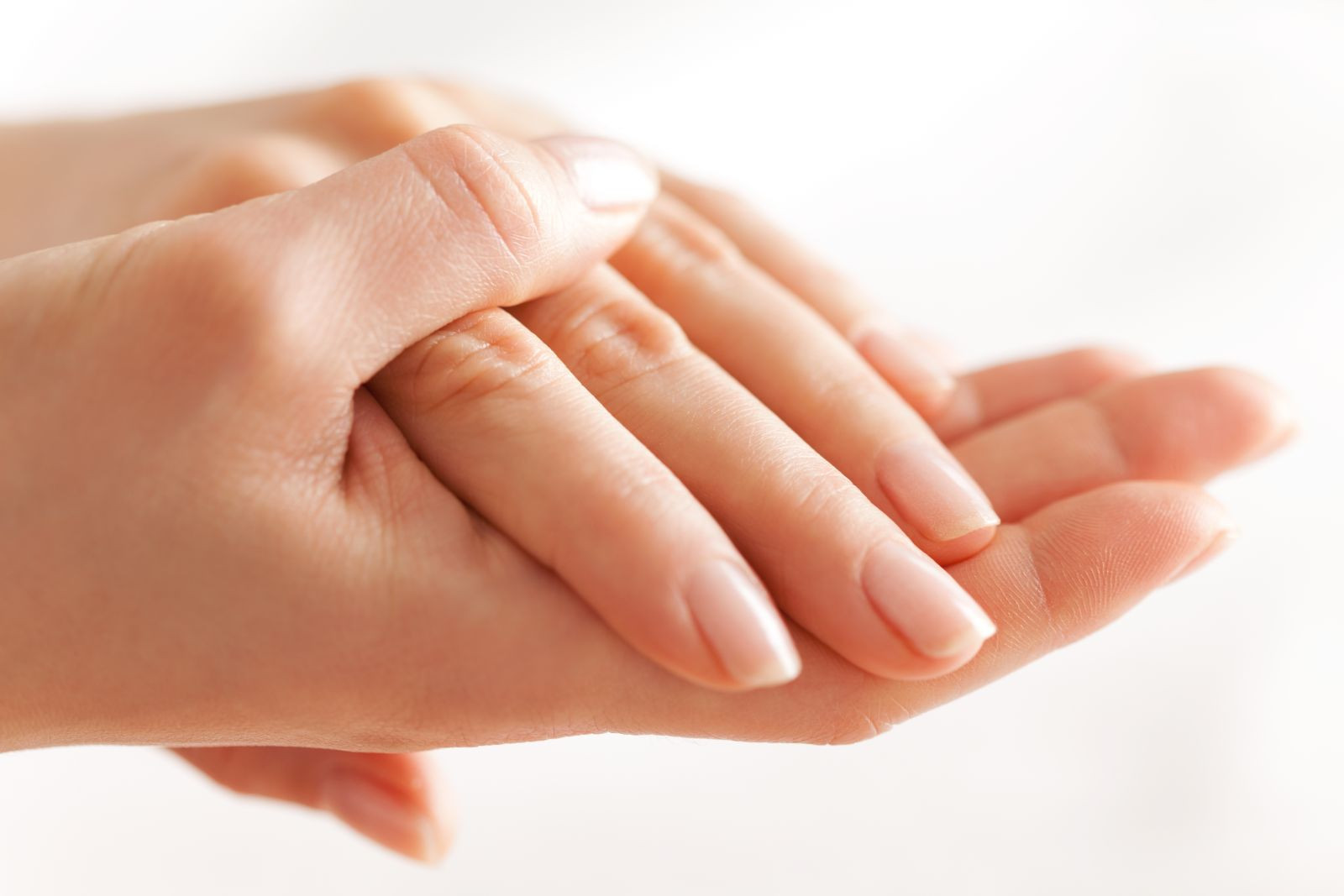
5 timeless habits for better health

What are the symptoms of prostate cancer?

Is your breakfast cereal healthy?

When pain signals an emergency: Symptoms you should never ignore

Does exercise give you energy?

Acupuncture for pain relief: How it works and what to expect

How to avoid jet lag: Tips for staying alert when you travel

Biofeedback therapy: How it works and how it can help relieve pain

Best vitamins and minerals for energy

Should you take probiotics with antibiotics?
Staying Healthy Archive
Articles
By the way, doctor: Does carbonated water harm bones?
ARCHIVED CONTENT: As a service to our readers, Harvard Health Publishing provides access to our library of archived content. Please note the date each article was posted or last reviewed. No content on this site, regardless of date, should ever be used as a substitute for direct medical advice from your doctor or other qualified clinician.
Q. I've heard that club soda, seltzer water, and sparkling mineral waters rob the bones of calcium. Is this true?
Ask the doctor: Is vinegar good for the arteries?
Q. I've heard that apple cider vinegar can clean out the arteries. Is there any truth to that?
A. If you believe the stories written about apple cider vinegar, it is a miracle cure for just about anything that ails you, from curbing the appetite to detoxifying the body, boosting the immune system, treating arthritis, and improving circulation. That's a tall order for a brew made from fermented apples. But there's no evidence to back up most of these apple cider vinegar claims.
Should I worry about my fast pulse?
Q. My pulse is usually on the fast side. Does a high heart rate mean I have a problem with my heart?
A. In otherwise healthy people, I don't usually worry about the heart rate unless it is consistently above 100 beats per minute at rest. Heart rates that are consistently above 100, even when the patient is sitting quietly, can sometimes be caused by an abnormal heart rhythm. A high heart rate can also mean the heart muscle is weakened by a virus or some other problem that forces it to beat more often to pump enough blood to the rest of the body.
By the way, doctor: What causes Beau's lines?
Q. You wrote about weak, brittle fingernails with longitudinal ridges. I have strong nails with horizontal ridges. What causes this, and what can I do about it?
A. You may be referring to Beau's lines, which are grooves that run horizontally across the nail plate. They usually develop when nail plate growth, which begins in the nail matrix (located under the cuticle), is temporarily disrupted. This can occur with direct injury to the nail matrix; an inflammatory condition such as psoriasis; infection around the nail plate; repetitive picking at the nails or cuticles; or even a manicure. Systemic causes include a common side effect of chemotherapy, nutritional deficiencies, illnesses accompanied by high fever, metabolic conditions, and diminished blood flow to the fingers (from Raynaud's phenomenon, for example).
Stay active, even with stiff ankles
Exercise and stretch daily to keep ankles flexible.
Ankle stiffness can do a number on your mobility. It can make it difficult to remain active or even get out of bed in the morning and walk across the room. "Motion restriction usually occurs more in the upward than downward direction, so it becomes harder to walk uphill, wear flat shoes, or keep feet pointed straight ahead," says Dr. Christopher DiGiovanni, chief of foot and ankle surgery at Harvard-affiliated Massachusetts General Hospital.
A tricky joint
The ankle is a vulnerable structure. It's made of the ends of the lower leg bones (the tibia and fibula), which hold the talus bone of the foot in between them. The joint is stabilized by ligaments and powered by muscles that work in concert to enable ankle and foot motion and accommodate uneven surfaces when you stand or walk.
What's in your frozen treat?
Do a little detective work before digging into that dessert.
Treating yourself to a small dish of an icy dessert used to be simple: we had a limited number of dessert types and flavors available, like chocolate ice cream or orange sherbet. Today there are so many options at the grocery store you may feel a brain freeze before you even take a bite.
You'll find ice cream, frozen custard, frozen yogurt, sherbet, and gelato. It may be full fat, reduced fat, low fat, nonfat, low carbohydrate, or sugar-free.

5 timeless habits for better health

What are the symptoms of prostate cancer?

Is your breakfast cereal healthy?

When pain signals an emergency: Symptoms you should never ignore

Does exercise give you energy?

Acupuncture for pain relief: How it works and what to expect

How to avoid jet lag: Tips for staying alert when you travel

Biofeedback therapy: How it works and how it can help relieve pain

Best vitamins and minerals for energy

Should you take probiotics with antibiotics?
Free Healthbeat Signup
Get the latest in health news delivered to your inbox!
Sign Up











